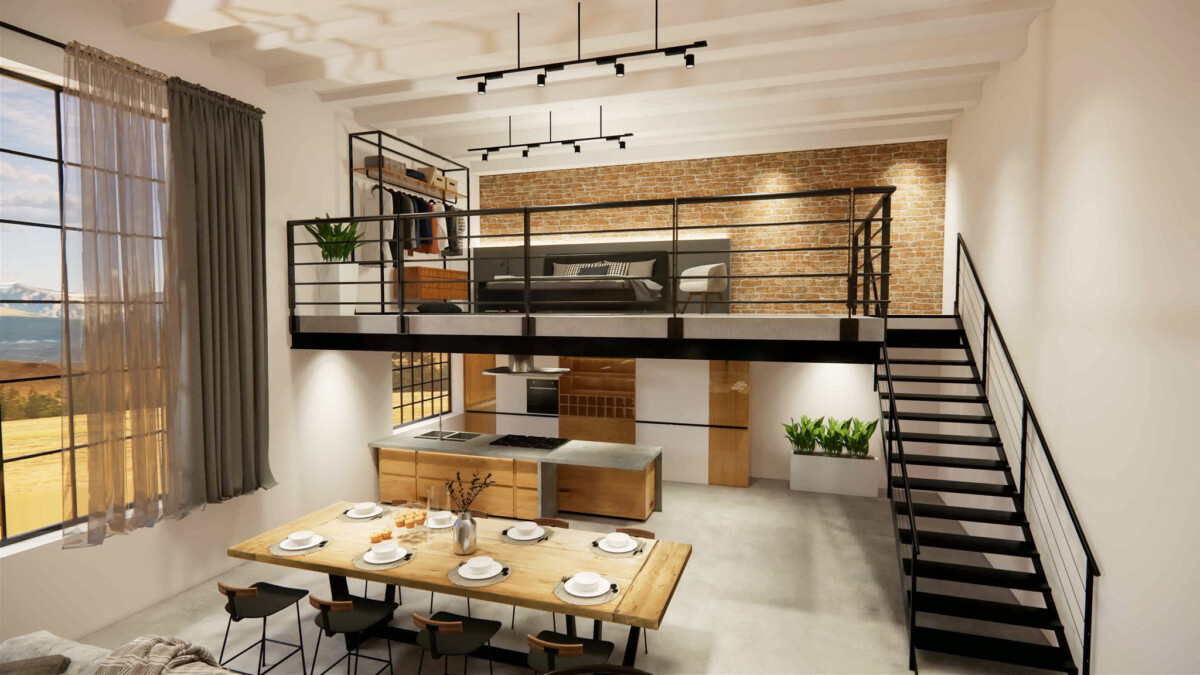How Do Interest Rates Affect Home Buying?
Interest rates are pivotal in the overall cost of purchasing a home. They determine how much borrowers will pay in addition to the principal amount of the loan, significantly affecting monthly mortgage payments, loan affordability, and long-term financial stability. Whether you’re a first-time homebuyer, upgrading to a new home, or refinancing an existing mortgage, understanding how interest rates impact home buying can help you make informed decisions and plan accordingly.
Understanding Interest Rates and Mortgages
Interest rates refer to the percentage lenders charge on money borrowed. When applied to a mortgage, this rate calculates the cost of borrowing money for a home purchase. In the U.S. and many other countries, mortgage interest rates are typically influenced by broader economic factors, including inflation, the central bank’s monetary policy, and the housing market’s health.
Mortgage lenders offer various types of loans, including fixed-rate mortgages, where the interest rate remains constant over the loan term, and adjustable-rate mortgages (ARMs), where the interest rate may change periodically based on market conditions. Regardless of the loan type, the interest rate significantly affects how much you will pay over the life of the loan.
The Impact of Interest Rates on Monthly Payments
One of the most immediate effects of interest rates on home buying is the impact on monthly mortgage payments. A higher interest rate means a more significant portion of your monthly payment goes toward paying interest rather than the loan’s principal balance. This increases the overall cost of the home and can strain your finances, particularly if you are buying a house on a fixed income or with limited resources.
For example, let’s compare two mortgage loans of $300,000 with a 30-year term:
- At a 3% interest rate, the monthly payment (principal and interest) would be approximately $1,265.
- At a 6% interest rate, the monthly payment (principal and interest) would increase to around $1,798.
As you can see, a 3% increase in the interest rate can add over $500 to the monthly payment. This difference can make the home less affordable for many potential buyers or force them to reconsider their budget.
Affordability and Loan Eligibility
Interest rates also affect how much home you can afford. With higher rates, your monthly payment increases, reducing the loan amount you can qualify for. Lenders typically use a formula to determine how much they are willing to lend, considering factors like your income, credit score, and the size of your down payment. However, the amount of money you can borrow is also influenced by your debt-to-income (DTI) ratio, which is the percentage of your income that goes toward paying off debt.
As interest rates rise, the higher monthly payments associated with more significant interest expenses may push your DTI ratio out of the acceptable range for many lenders, resulting in either a smaller loan offer or a rejection of your mortgage application. This can significantly limit your homebuying options, as it may force you to look at less expensive properties or stretch your budget to qualify for a higher loan.
How Rising Interest Rates Impact the Housing Market
Interest rates influence the overall housing market in several ways, often directly impacting homebuyers’ purchasing ability. When the central bank raises interest rates to curb inflation or control the economy, mortgage lenders usually respond by increasing their interest rates. The effect of this rate increase can ripple through the housing market in the following ways:
- Decreased Homebuyer Demand: Higher mortgage rates generally slow down homebuying activity. As borrowing costs rise, fewer people can afford the monthly payments, decreasing demand for homes. With fewer buyers, home sellers may find it harder to sell their properties at the desired price, which can lower home prices.
- Lower Housing Prices: Reduced home demand can decrease housing prices in a high-interest-rate environment. Sellers may be forced to lower their asking prices to attract buyers. This can create opportunities for homebuyers who can still afford the higher mortgage payments but may also signal a stricter market for sellers.
- Refinancing Reductions: Higher interest rates discourage homeowners from refinancing their mortgages. Many homeowners refinance their mortgages to lock in a lower rate and reduce their monthly payments when rates are low. However, when rates increase, refinancing becomes less attractive, and many homeowners choose to stay in their current mortgages.
The Long-Term Effects of Interest Rates on Homebuyers
While the immediate effects of interest rates are apparent, their long-term impact should also be considered. Over the life of a 30-year mortgage, even small changes in interest rates can significantly affect the home’s total cost.
For example, let’s assume you borrow $300,000 for a 30-year mortgage:
- At a 3% interest rate, you would pay approximately $155,000 in interest over the life of the loan.
- At a 6% interest rate, you would pay about $430,000 in interest.
As you can see, a higher interest rate can double the amount you pay in interest over the life of the loan, significantly increasing the home’s total cost. In this way, interest rates can impact your monthly payments and overall financial situation in the long term.
Strategies for Navigating High Interest Rates
Suppose you plan to buy a home in an environment of rising interest rates. In that case, there are several strategies you can consider to mitigate the impact:
- Lock in a Low Fixed Rate: If interest rates are expected to rise, locking in a low fixed-rate mortgage can help protect you from future rate increases. With a fixed-rate loan, you know exactly how much your monthly payment will be for the entire term of the loan, providing stability in uncertain times.
- Consider an Adjustable-Rate Mortgage: If you’re confident you won’t stay in the home long-term, an adjustable-rate mortgage (ARM) may be a good option. ARMs often offer lower initial rates, but be aware that these rates can increase after the initial period.
- Increase Your Down Payment: A larger down payment can reduce the amount you need to borrow, resulting in lower monthly payments. It can also improve your loan eligibility and help you secure better loan terms, even in a higher interest rate environment.
- Shop Around for the Best Rates: Mortgage rates can vary from lender to lender, so it’s worth shopping around to find the best rate and terms. Consult multiple lenders or mortgage brokers to find the most competitive offers.
Conclusion
Interest rates significantly affect home buying, from monthly mortgage payments to loan eligibility and the broader housing market. By understanding how interest rates impact your ability to buy a home, you can make informed decisions and plan accordingly. Whether you’re navigating high interest rates or taking advantage of low ones, it’s important to remember that interest rates are a key factor in determining the total cost of your home and your long-term financial health.
Thank you for reading! If you enjoyed this article and want to explore more content on similar topics, check out our other blogs at Sonic Loans, Sonic Realty, and Sonic Title. We have a wealth of information designed to help you navigate the world of real estate and finance. Happy reading!
Are you looking for the right loan? Check out Sonic Loans for tailored mortgage solutions that make home financing simple and efficient.
Creative Financing Options for Real Estate
How to Improve Your Credit Score for Better Mortgage Rates
HVAC Maintenance: Extending System Life
Preventing Water Damage: Essential Tips
Common Home Repairs Every Owner Should Know
Energy-Efficient Upgrades That Pay for Themselves
Commercial Real Estate Investment Basics & Home Maintenance: A Dual Guide to Property Success
Multi-Family Properties: Investment Opportunities and Challenges
Managing Rental Properties: DIY vs. Property Management











